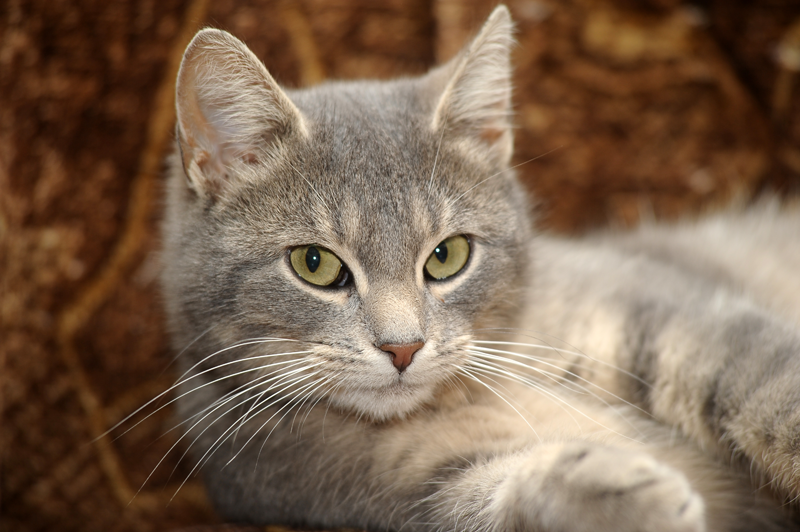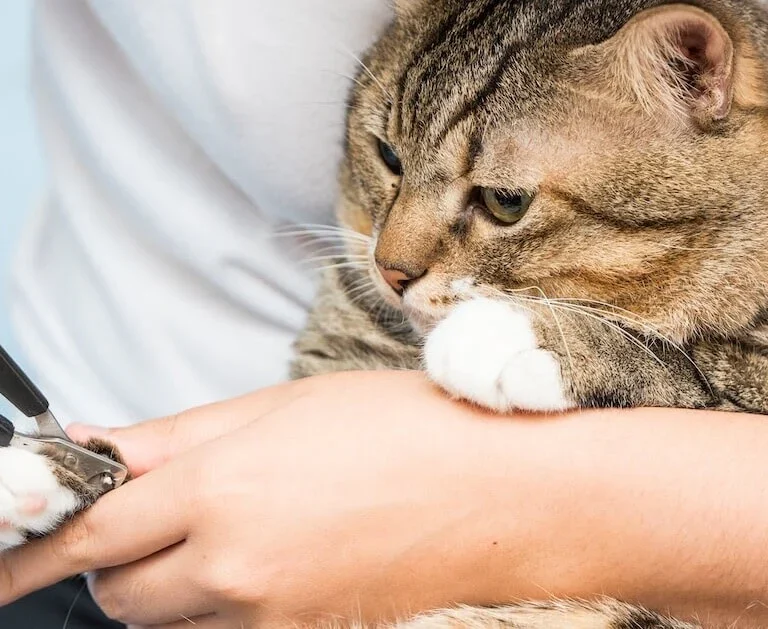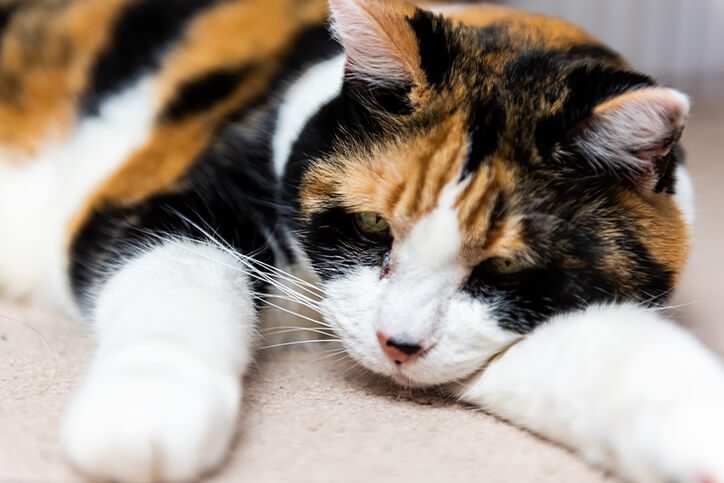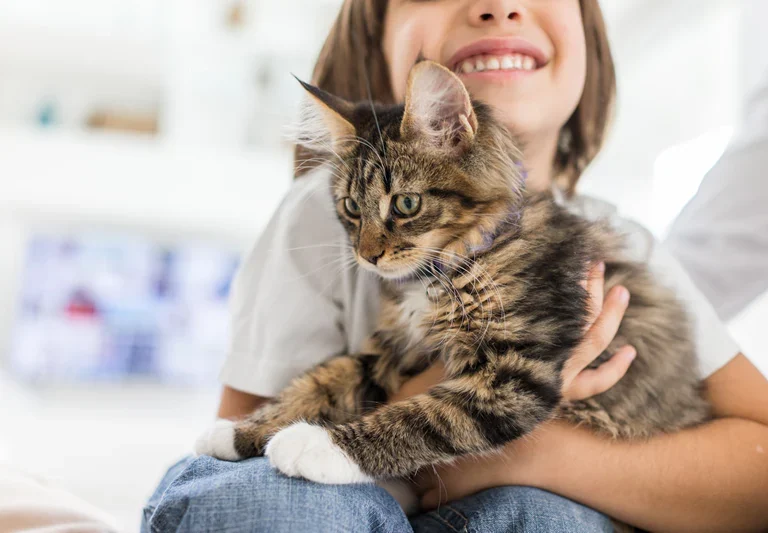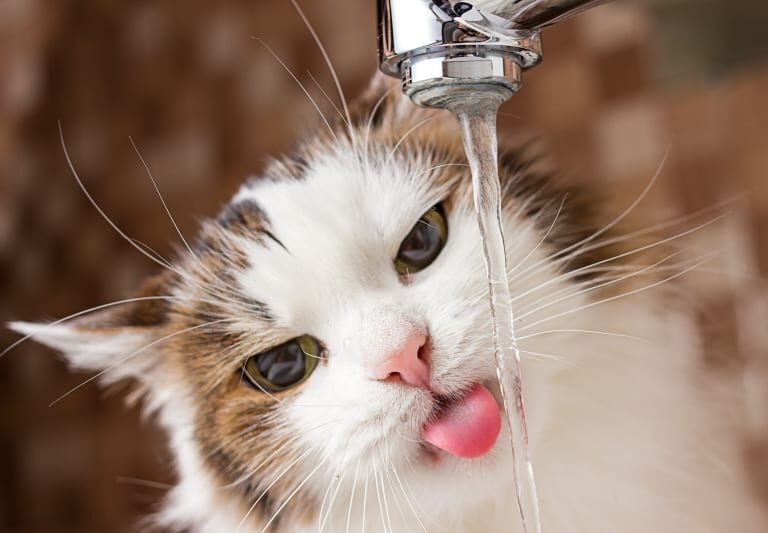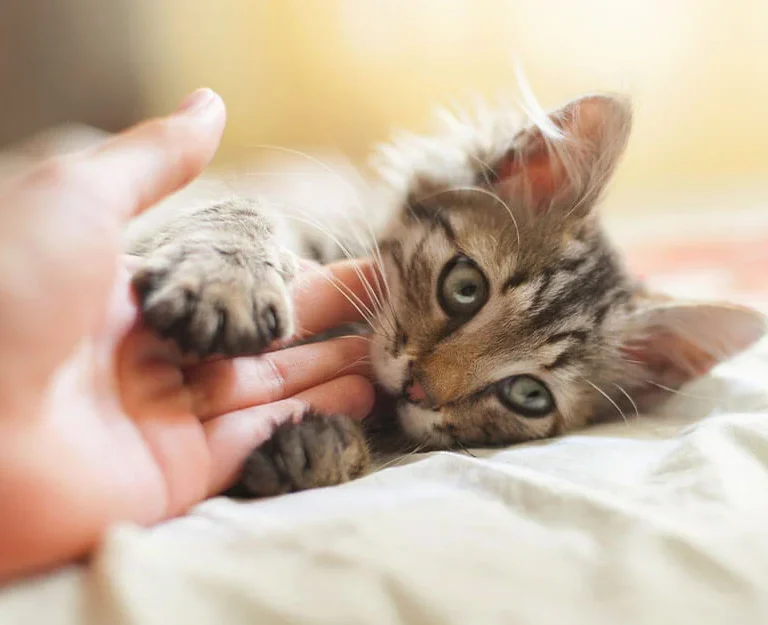When Should I Vaccinate My Kitten?
Vaccinations should be started within the first couple of months. Vaccines are modified viruses or bacteria (weakened or killed), which stimulate the immune system to produce antibodies that protect her against future illnesses.
Around 12-16 weeks, kittens receive a combination vaccination to protect against panleukopenia and rhinotracheitis before they are vaccinated for rabies.
Core Vaccines
Vaccines mimic infectious agents such as bacteria and viruses but don’t cause disease. Vaccines are administered to cats to train their immune system to recognize and react quickly to these infectious agents by producing antibodies or activating the cells that kill them.
To prevent kittens from contracting viruses that are highly contagious or even lethal, kittens should be immunized against these diseases. The first vaccination should be given between 6 and 8 weeks, followed by three-four weeks intervals until 16 weeks. Additional booster shots or vaccines may need to be administered depending on lifestyle.
Core Vaccines Kittens need to receive the core vaccines in order to protect them from feline viral rhinotracheitis (FVR), calicivirus and panleukopenia, which are highly contagious illnesses that can cause dehydration, starvation or malnutrition if not treated. It is therefore strongly recommended that your cat be vaccinated against these three infections, regardless of whether it lives indoors or outdoors.
There are a few vaccines that kittens do not need. Common vaccinations include hepatitis A and B, influenza A (FeLV), rabies, and FeLV virus infection.
Veterinarians need to assess the risk of each cat contracting infectious diseases in order to determine if non-core vaccinations are required. This assessment considers several factors such as the age and health of the cat, as well as its lifestyle, location, and other household cats’ health.
Injectable non-core vaccines should be administered to kittens at 6-8 week old and repeated every three or four weeks until 16 weeks. Around 16 weeks old, cats should start receiving the FHV-1 vaccine.
The booster vaccines are vital to maintain their effectiveness. Delays of more than two weeks can weaken the immune response from subsequent vaccinations. It is therefore essential that your kittens receive their scheduled vaccinations from their veterinarian on time.
Most pets are protected from disease when vaccinated at the prescribed times and in accordance with your veterinarian’s instructions. After receiving the shot, some cats may experience a temporary loss of appetite or mild rash. These side effects will usually resolve within 24 to 48 hours. Please contact us if you have any questions about the vaccine schedule, administration or schedule. We’re happy to assist your kitten in staying healthy.

